Learn how to help your child navigate the ups and downs of changing hormones with practical advice to help your teenager tackle acne.
Reaching adolescence is one of the most important milestones in life. This transitional period between childhood and adulthood is full of changes and challenges, which can feel incredibly daunting.
As your child goes through puberty, they are likely to experience myriad of physical and emotional issues, and as a parent, prepping yourself with the tools to grasp a better understanding of what they’re going through will help alleviate loneliness and reassure them that you’re by their side to support them through this important life stage.
Along with mood ups and downs, teenage skin problems are one of the biggest concerns that adolescents face during these pinnacle years.
Hormonal changes can trigger teenage acne, which can rock self-confidence and leave teenagers feeling insecure and withdrawn.
As a parent, the best way to respond is with empathy and compassion, along with providing practical tips to help support physical and emotional health.
Here are some of the top tips to have in your toolkit to give your child practical advice to help your teenager tackle acne.
Open up the communication channels
Whether rooted in social media messages or peer influence, teenagers can feel under extreme pressure to hone the ‘perfect’ image, which can lead to high stress and anxiety.
Stress triggers inflammation, which can lead to breakouts. This can prompt a viscous circle of more stress and more breakouts.
For adolescents, these feelings can be hard to talk about, but striving to get the lines of communication flowing is one of the best things that you can do as a parent.
Try to soothe your child’s worries by letting them know that you’re always there to help them with whatever they are going through.
Set up good sleep hygiene habits
Teenagers need sleep more than ever as they go through puberty, and eight to ten hours of slumber time is recommended for teens aged between 13 and 18.
When teenagers don’t get enough sleep, their body’s cells are unable to renew and repair themselves, which can trigger teenage skin problems like blemishes, pimples and spots.
Try to encourage your child to stick to a regular bedtime and make their bedroom a peaceful space where they feel happy to retreat to at the end of the day.
Investing in soft lighting, comfortable bed linen and blackout curtains will all help to encourage good sleep habits.
Encourage hydration
Cells need hydration to function properly and staying hydrated will help to cleanse the system so that skin looks healthy and glowing.
Guzzling back plenty of water throughout the day will aid the cleansing process, so try to encourage your child to swap sugary fizzy drinks for water.
If they aren’t keen on drinking plain water, switch to sparkling water and add some lemon or orange wedges or use a reusable water bottle with flavour pods.
Avoid picking spots
Increased oil production caused by fluctuating hormones can bring on acne. Your teen might find it hard to resist popping a spot, but picking and squeezing can cause spots to scar, so it’s important to make them aware of this as you educate them about the best skincare routine for teens.
For teenagers who can’t resist temptation, spot stickers are a good idea. These work by creating a physical barrier between the spot and their fingers so they can’t transfer bacteria to the skin, worsening the problem.
Teach them about nutrients
Alongside a good skincare routine for teens, supplements can be a helpful addition for topping up on all the essential nutrients that can help to nurture skin from the inside out.
HRI Teen Skin is a unique formulation of 26 premium nutrients such as berry extracts and grapeseed, along with live cultures to nourish gut health.
The multivitamin complex also contains important vitamins and minerals to help regulate hormones and energy levels, to provide you with peace of mind that your child is obtaining all the necessary nutrients for wellbeing.
Batch cook family meals
Reaching for convenience foods to feed the family is often the easiest choice when you’re juggling the demands of parenthood. But taking the time to make meals from scratch will help to fuel your child with all the nutrients they need to help beat teenage acne and achieve optimum skin health.
Try to batch cook pasta sauces and casseroles on the weekend and portion into Tupperware, which you can pop into the freezer until needed.
Take a shopping trip together
Teaching your child the importance of good skincare is a great way to set up healthy habits. Taking them shopping to buy the essentials they need, will make them feel both grown up and accountable for their choices.
Good skincare for teens involves investing in basic buys such as a hardworking moisturiser and a gentle cleanser.
Always be sure to choose chemical-free products that are kind to their fragile teenage skin and make sure they see you looking after your own skin to encourage them to follow suit.
Seek expert help
If your child is really struggling with their skin issues, it might be time to seek professional help.
Visit your GP who may be able to refer your teenager to a dermatologist who can provide an expert analysis of their skin problems.
Upon investigating the root cause of skin issues, they’ll be able to prescribe topical creams or tablets to tackle breakouts.
For more helpful information on teenage skin, you might enjoy these articles: Common Bad Habit For Teenage Skin and What Is Your Teen Skin Breakout Trying To Tell You?


